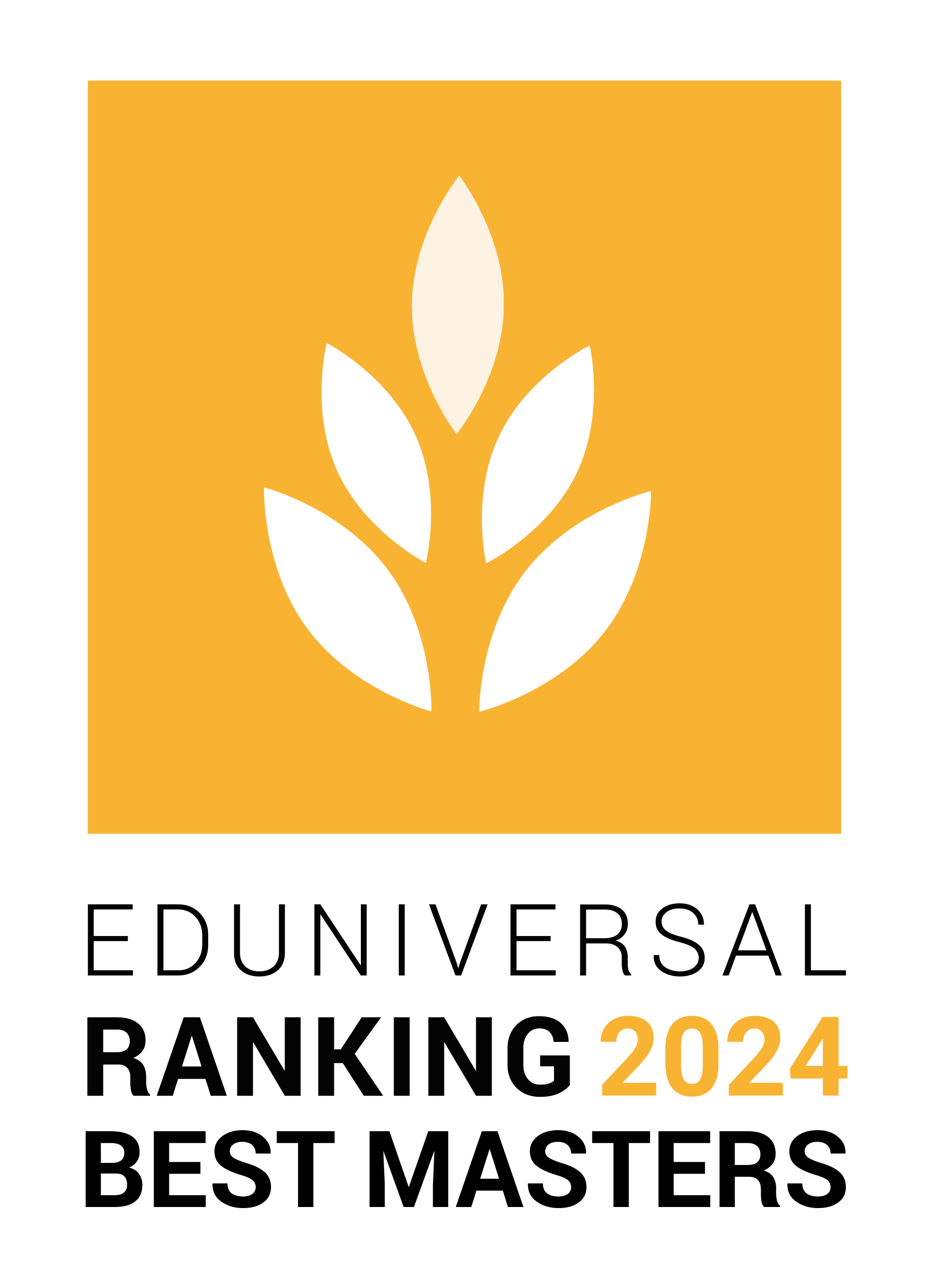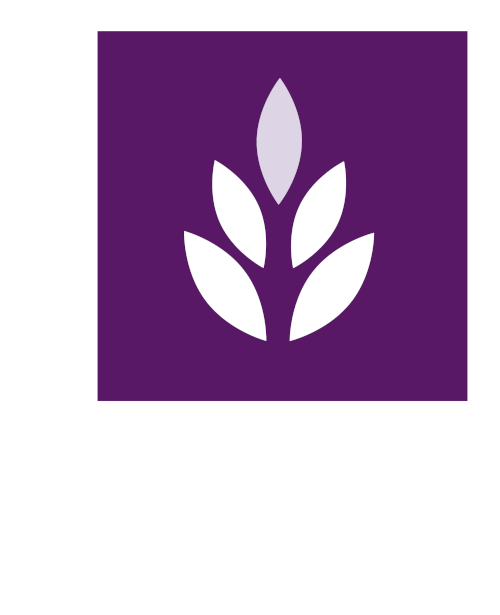- Home
- About
- Business Schools Ranking
- Selected schools
- study abroad
- Awards
- Contact

Study in Papua New Guinea
Papua New Guinea Statistics
Geography-Population
- Capital: Port Moresby
- Area: 462,840 sq km
- Climate: tropical; northwest monsoon (December to March), southeast monsoon (May to October); slight seasonal temperature variation
- Population: 6,187,591 (July 2011 est.)
- Languages: Tok Pisin (a creole language), English, and Hiri Motu are official languages; some 860 indigenous la
Government-Economy
Government-Economy
Government type: constitutional parliamentary democracy and a Commonwealth realm
Independence Day: 16 September 1975 (from the Australian-administered UN trusteeship)
Currency: Kina (PGK); 1 USD = 2.56 PGK ; 1PGK = 0.39 USD
GDP: $14.93 billion (2010 est.)
GDP – per capita (PPP): $2,500 (2010 est.)
Information for Foreign Students in Papua New Guinea
Obtaining a Visa
There are specific requirements concerning the visa; therefore, it is better to first contact the State's embassy in your home country. Indeed, in some occasions visitors are granted visas on arrival, although these countries are not specified and the decision is at the discretion of the Immigration Officer. It is strongly advised that all visitors obtain a visa prior to arrival.
Visa fare charges vary from country to country. The charge for a UK tourist visa is £20.
Housing
Link for hotels: http://www.coralseahotels.com.pg/
http://www.tripadvisor.fr/Hotels-g294115-Papua_New_Guinea-Hotels.html
Health
Widespread cholera outbreaks continue to be reported in Papua New Guinea, particularly in the regions of East Sepik, Madang, Morobe and Eastern Highlands. Consequently, traveller have to be very careful: all water should be regarded as being potentially unsafe. Water used for drinking, brushing teeth or making ice should have first been boiled or otherwise sterilised.
Health insurance is essential and must include evacuation facilities. T he main hospitals are Port Moresby General (Papuan region), Goroka Base (Highlands) and Angau Memorial. Visitors can use any of the private doctors or public consultation clinics. Doctors and hospitals are not free and often expect immediate payment for medical services. Hospitals are poorly equipped and sudden shortages of common medications can sometimes occur; travellers who may need ongoing or routine medical treatment are advised to obtain visas for Australia, where medical facilities are more reliable, before leaving their country of origin. Dental care outside the main centres is limited, but pharmacies in the major centres are well stocked.
Money
American Express is the most widely accepted credit card; MasterCard and Visa are often accepted as well. Traveller cheques are accepted by most shops and hotels. To avoid additional exchange rate charges, traveller's are advised to take traveller's cheques in US Dollars, Pounds Sterling or Australian Dollars. The State's currency is Kina and is divided in 100 Toea.
Keeping in touch
Internet services tend to be slow and sometimes unreliable. Two daily newspapers are published in English: The National and Papua New Guinea Post-Courier. The most popular daily is Niugini Nius. Mobile phones Coverage is limited. There are no area codes in Papua New Guinea.
Official Selection of the Best Business Schools in Papua New Guinea
|
2 Palmes Of Excellence GOOD Business School |
Rank Position in
Palmes’ League |
Deans’ Recommendation
rate 2024 |
|---|---|---|
|
University of Papua New Guinea School of Business and Public Policy |
1 | 53 ‰ |
|
1 Palme Of Excellence LOCAL Reference |
Rank Position in
Palmes’ League |
Deans’ Recommendation
rate 2024 |
|---|---|---|
|
Divine Word University (DWU) - Faculty of Business and Informatics |
1 | 63 ‰ |

Official Selection of the Best Business Schools in Papua New Guinea
Learn the ranking results of the best masters in Papua New Guinea here:
https://www.best-masters.com/ranking-master-in-papua-new-guinea.html
